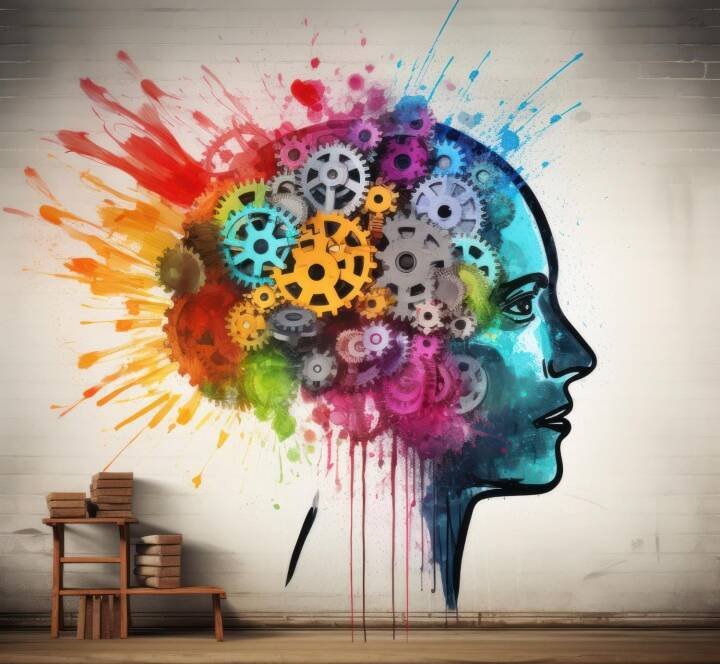Introduction:
Mental health is an essential aspect of overall well-being, and understanding the unique challenges faced by women is crucial. In this article, we delve into the intricacies of bipolar 2 disorder in women, shedding light on its impact, symptoms, and available support. Let’s explore how women can navigate this condition with resilience and empowerment.
The Prevalence of Bipolar 2 Disorder in Women:
Bipolar 2 disorder is a complex mental health condition characterized by alternating episodes of depression and hypomania. Research suggests that women are more likely than men to be diagnosed with bipolar 2. Factors such as hormonal fluctuations, genetic predisposition, and life events may contribute to this disparity. Acknowledging this prevalence helps raise awareness about the specific challenges faced by women dealing with bipolar 2.
The Impact on Women’s Mental Health:
Bipolar 2 disorder can significantly affect a woman’s mental health, leading to emotional instability, disrupted daily routines, and strained relationships. The intense mood swings experienced during depressive and hypomanic episodes can be overwhelming, exacerbating feelings of anxiety, guilt, and low self-esteem. By recognizing the impact of this condition, we can emphasize the importance of providing adequate support and resources to women facing bipolar 2 disorder.
Signs and Symptoms:
Understanding the signs and symptoms of bipolar 2 disorder is crucial for early detection and effective management. Women with this condition may experience persistent sadness, loss of interest, fatigue, changes in sleep patterns, irritability, and reckless behavior during hypomanic episodes. Recognizing these indicators enables individuals and their loved ones to seek appropriate professional help promptly. Remember, timely intervention plays a vital role in managing bipolar 2 disorder effectively.
Seeking Support: Empowering Women:
Women with bipolar 2 disorder often face unique challenges due to societal expectations, cultural stigmas, and the multiple roles they juggle. However, they possess incredible resilience and strength. Encouraging women to seek support through therapy, counseling, support groups, and online communities can foster a sense of belonging and empowerment. By sharing experiences, women can find solace, gain valuable insights, and build a support network that understands their journey.
Self-Care Strategies:
Managing bipolar 2 disorder requires a holistic approach to self-care. Women can prioritize their mental well-being by maintaining a regular sleep schedule, engaging in physical activity, practicing stress-reducing techniques like meditation and deep breathing, and adhering to a balanced diet. Establishing healthy boundaries, expressing emotions creatively, and engaging in activities that bring joy and fulfillment can contribute significantly to overall mental health.
Conclusion:
Women’s mental health, particularly when affected by bipolar 2 disorder, demands attention, understanding, and support. By recognizing the unique challenges faced by women, fostering a culture of empathy, and providing appropriate resources, we can contribute to their resilience and well-being. Together, let’s break the stigma surrounding mental health and empower women on their journey toward emotional stability and fulfillment.












